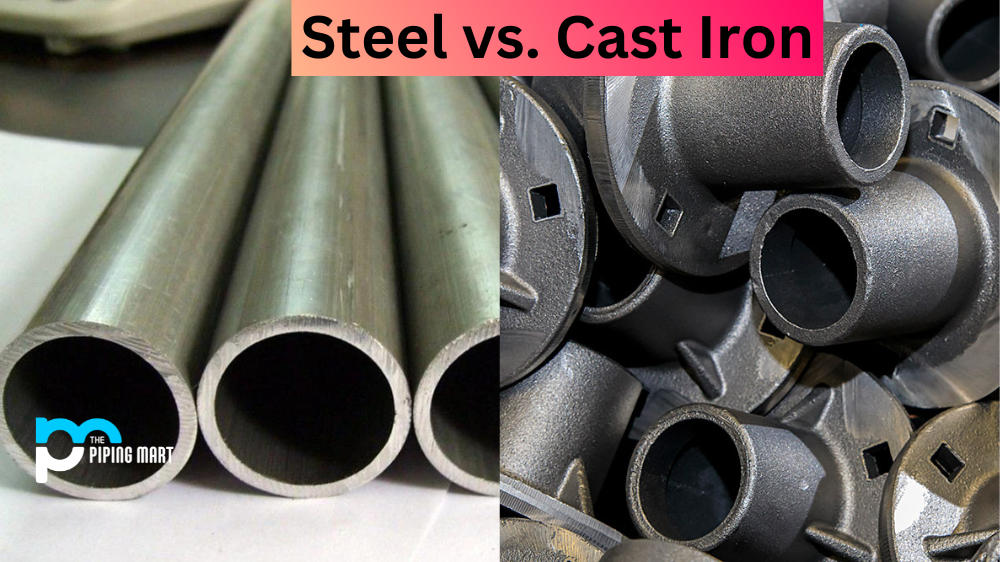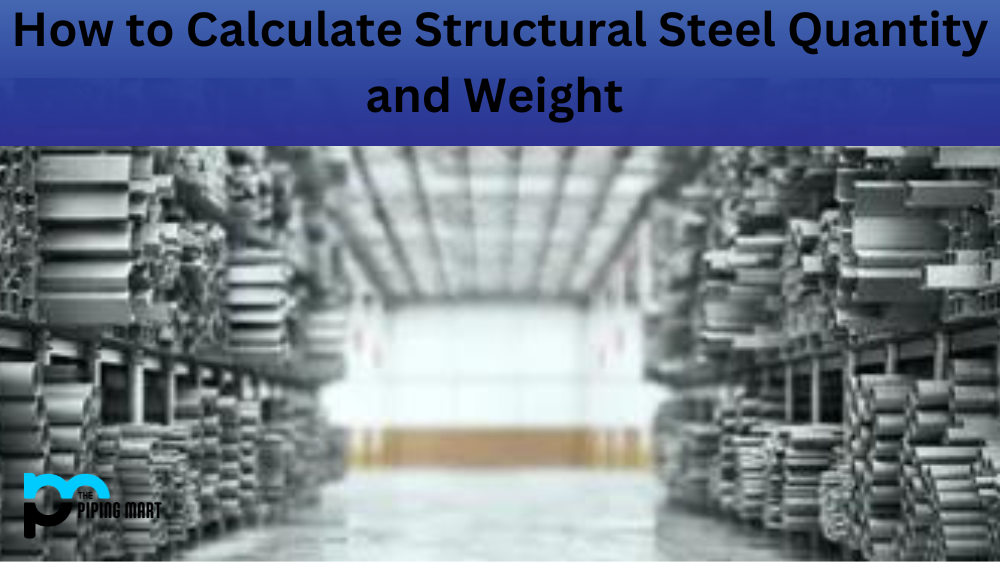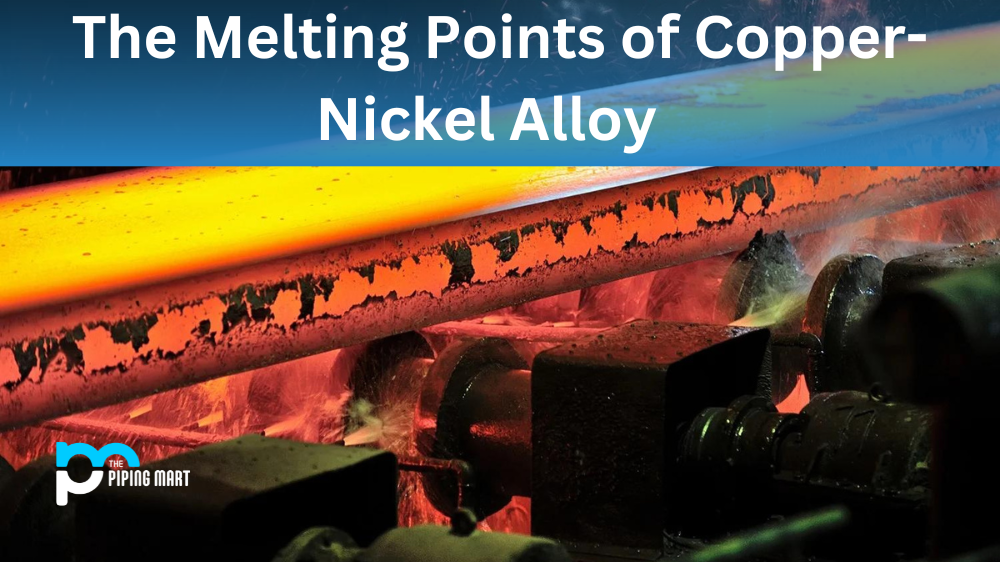Steel and cast iron are two popular materials used in construction today. Both materials have unique advantages and disadvantages that can help you decide which material is right for your project or product. Whether you’re looking for durability, strength, or cost savings, understanding the differences between steel and cast iron can help you make the best choice for your needs.
Steel vs. Cast Iron: Structure and Properties
The main difference between steel and cast iron is their structure. Steel is composed of a combination of iron and carbon atoms, while cast iron contains a higher percentage of carbon atoms than steel. This makes steel stronger than cast iron as it has more tensile strength than its counterpart. However, this also means that steel is more expensive than cast iron due to its higher cost of production.
Cast iron is made up mostly of pure iron with trace amounts of other elements like sulfur or phosphorus present. It’s less malleable than steel, but it’s much denser—making it ideal for projects that need to bear heavy loads without breaking down over time. Its properties also make it resistant to corrosion and rusting, making it a great choice if you’re looking for a long-lasting material that won’t corrode easily.
On the other hand, steel offers greater flexibility when it comes to design possibilities since it can be formed into any shape or size depending on your project needs. Additionally, its superior strength makes it an ideal choice for applications where weight isn’t an issue, but durability is—such as bridges or skyscrapers where structural integrity is paramount. It can also be galvanized to provide added protection against corrosion in certain applications, such as outdoor furniture or fencing.
- Steel is a stronger metal than cast iron.
- Steel is less likely to rust than cast iron.
- Steel is more resistant to heat than cast iron.
- Steel is more expensive than cast iron.
- Cast iron is better for some cooking applications than steel.
Conclusion:
Steel and cast iron both have their advantages when it comes to durability, strength, cost savings, design capabilities, resistance to corrosion and rusting, etc., so choosing the best material for your project depends on what qualities are most important to you when selecting a material for your project needs. For example, if you need something strong yet lightweight, then steel may be the better option; however, if you need something heavy-duty with superior corrosion resistance, then cast iron might be the way to go instead. Either way, understanding the differences between these two materials will help ensure you make an informed decision when selecting a material for your next project or product!
Sakshee is a talented blogger, with a particular focus on the Business and Metal Industry. She is passionate about sharing her insights on various metal products and helping professionals to make a better decisions.




